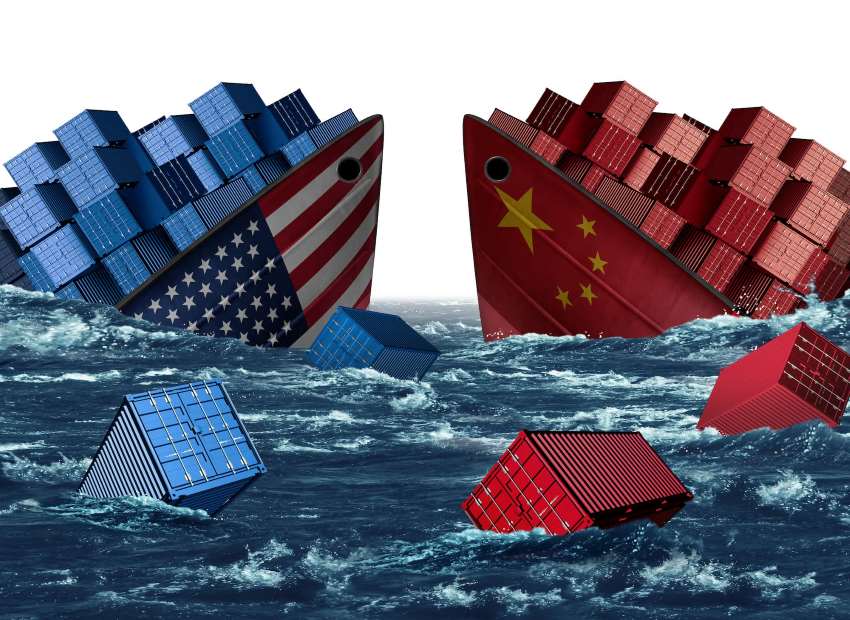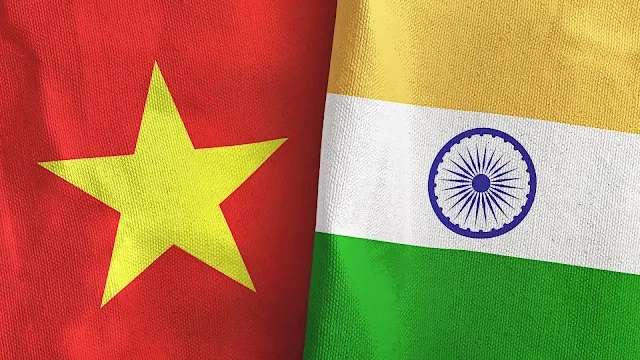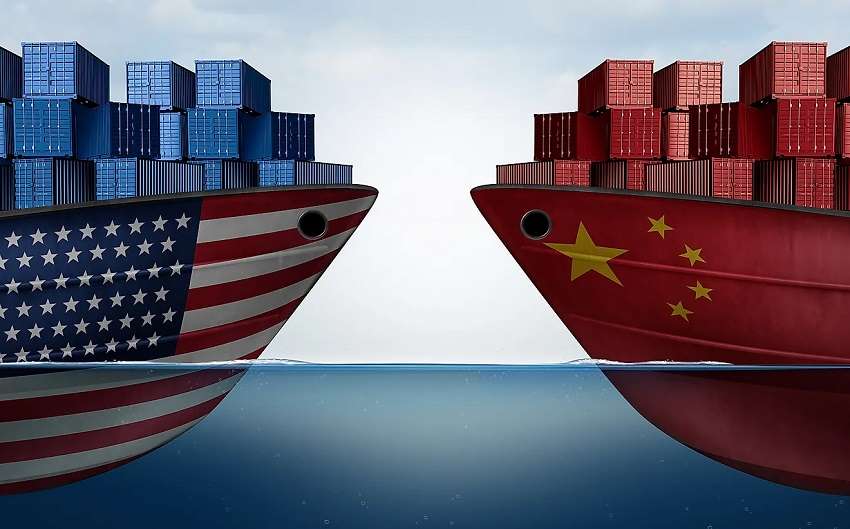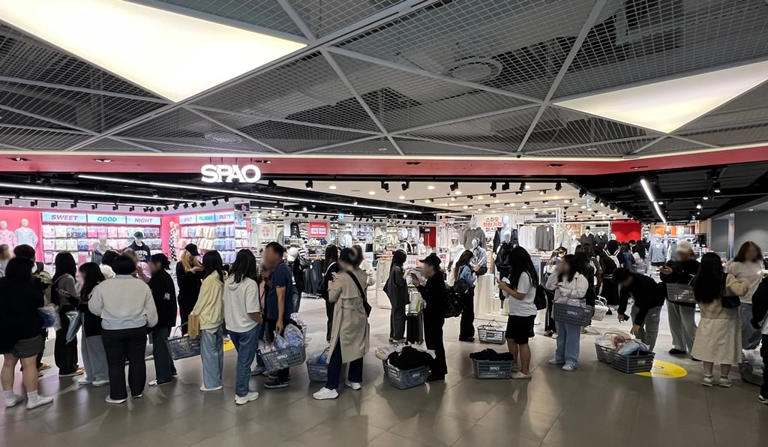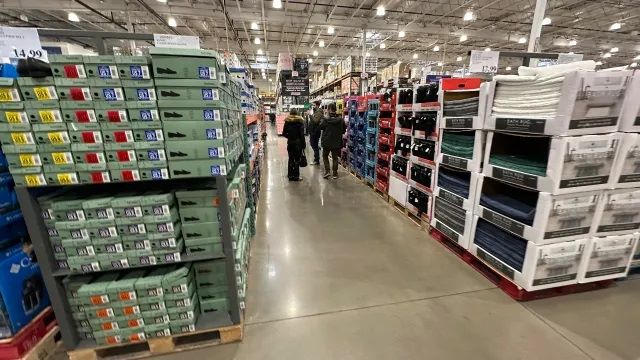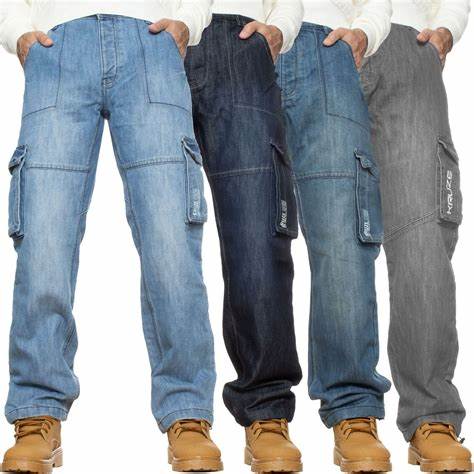In the pre-budget seminar organised by the Commerce Ministry, All Pakistan Textile Mills Association (APTMA) put forward a comprehensive plan to address the challenges hindering its growth and competitiveness. Central to this plan is the overhaul of existing power tariffs to reduce industrial costs and foster sustainability.
One key proposal involves eliminating cross subsidies and stranded costs in the current power tariff structure, which could potentially decrease the industrial tariff from 14 cents per unit to 9 cents per unit. Additionally, APTMA recommended implementation of business-to-business (B2B) electric power contracts to secure green energy at competitive rates, with an upper cap of 1,000 MW/annum to manage financial implications effectively.
Recognising the importance of transitioning to green energy, APTMA proposed increasing the cap on solar net-metering for industrial consumers from 1 MW to 5 MW. This move aligns with global sustainability trends and could bolster the country's export competitiveness, particularly in light of impending green regulations such as the EU's Carbon Border Adjustment Mechanism (C-BAM).
Highlighting challenges such as prohibitive energy costs, delays in tax refunds, and unfavorable duty structures for key raw materials, APTMA emphasised on the need to rationalise tax rates, deepening the stock market, and incentivizing exports.
Furthermore, the association called for the establishment of a dedicated entity to ensure the effective enforcement of sustainability standards, especially following the devolution of functions to the Trade Development Authority of Pakistan (TDAP).
APTMA also urged the industry to shift its focus from cotton to man-made fiber (MMF) textiles. This involves removal of import duties on raw materials such as Purified Terephthalic Acid (PTA) and Polyester Staple Fiber (PSF) to stimulate MMF production and diversify the export basket.
Additionally, the association proposed measures to remove import duties on recycled polyester and zero-rating duties on dyes and chemicals essential for downstream industries.
In the realm of machinery and equipment, the industry called for the withdrawal of customs duties on industrial spare parts and gas generators to promote sustainable energy practices and enhance international competitiveness.
Finally, the association advocated for expanding the scope of the Export Facilitation Scheme (EFS) to cover the entire value-added chain of the textile sector and revising provisions to facilitate indirect exporters in the Sales Tax Return process.



